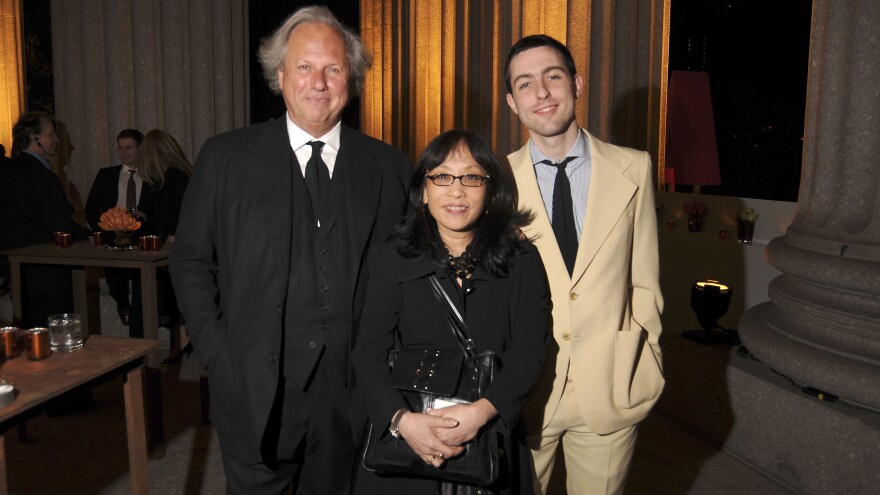For an entire generation of writers, Michiko Kakutani acted at times as intrepid champion, hated villain or helping hand. But from her perch as chief book critic at The New York Times, the Pulizer Prize winner rarely left one thing in doubt: her vast influence over the literary world she assessed.On Thursday, after 38 years, Kakutani announced she is stepping down."It is with profound gratitude for her tremendous service to readers of The Times and readers of books everywhere that we take a moment to recognize her remarkable contributions over the past four decades," editors Pamela Paul and Parul Sehgal said in a statement Thursday."She has been one of our signature writers," Times Executive Editor Dean Baquet said in a note to the paper's staff. "It is hard to imagine the story of the modern New York Times without a hefty chapter bearing her name."Name a marquee author of the past several decades, and it's just about certain that leading light was subjected to Kakutani's scrutiny, along with hundreds of others. And a big name was far from a guarantor of a favorable review.She was there to celebrate Nobel laureate Toni Morrison's Beloved as "dazzling" — and to deride Morrison's later work, Love, as "haphazard." She was as prepared to label Don Delillo's Cosmopolis "a major dud" as she was to laud his Underworld as "a dazzling, phosphorescent work of art."It is perhaps this inclination toward mercilessness that earned Kakutani a fair share of critics in her own right — including Jonathan Franzen and Nicholson Baker, who said reading her reviews of his books was "like having my liver taken out without anaesthesia.""Bless her heart, she has reviewed seven of my books and I think she may have liked two and a half of them," Baker told NPR in 2003. "You know, so she always gives me a bad review, and she just doesn't like my kind of writing."But The Atlantic notes that along with this bitterness often came respect:
Michiko Kakutani, Chief 'Times' Book Critic, Steps Down After Nearly 4 Decades



